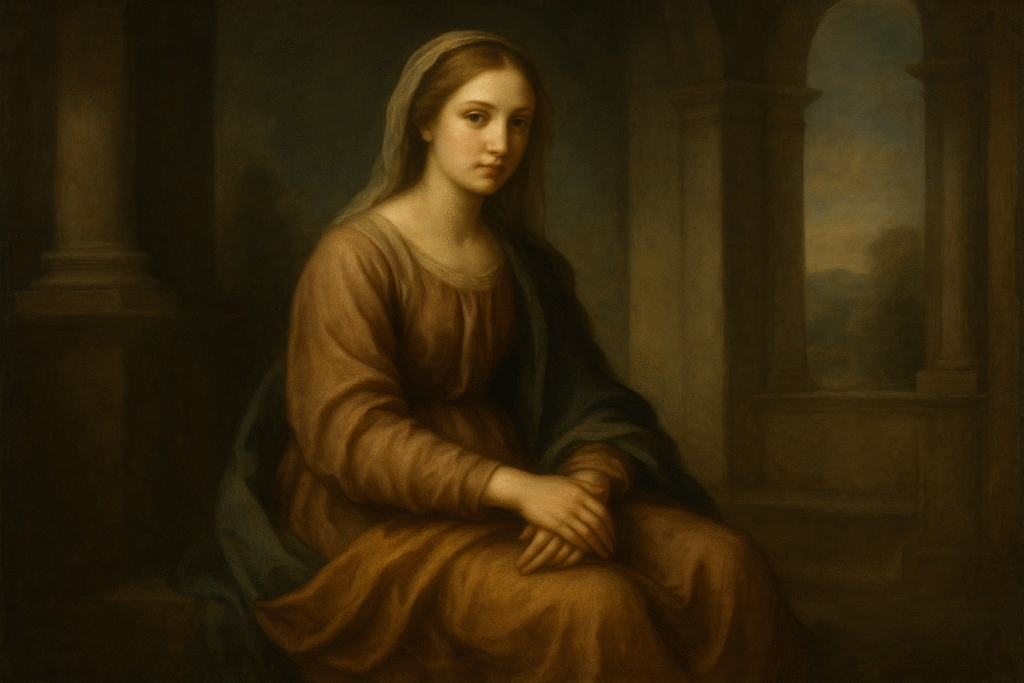A 14th-16th century revival of classical antiquity, emphasizing harmony, humanism, and proportion.
🧭 Origin
The Renaissance emerged in 14th–16th century Italy, marking a profound cultural and artistic revival grounded in classical antiquity. It emphasized harmony, humanism, and proportion, transforming art with perspective, anatomical accuracy, and a renewed focus on the individual.
💡 Inspirations
Inspired by Greco-Roman philosophy, architecture, and sculpture, as well as theological themes and the rediscovery of nature. Artists like Leonardo da Vinci and Michelangelo shaped this style through mastery of anatomy, composition, and symbolism.
🎨 Color Palette
Rich, earthy tones balanced with jewel-like highlights and natural shading (sienna brown, warm gold, antique marble grey, muted blue-grey)
🖌️ Texture / Technique
Meticulous oil glazing and fresco work, with smooth gradients, sfumato (smoky edges), and chiaroscuro for depth and realism. Surfaces appear soft yet sculptural.
🌀 Shapes & Forms
Idealized human anatomy, classical drapery, domed architecture, and triangular compositions. Figures are naturalistic, posed in balanced and often sacred arrangements.
🌙 Mood / Atmosphere
Introspective, majestic, spiritual, and rational. There’s a quiet reverence and intellectual order in every composition.
🧩 Possible Applications
Perfect for educational visuals, historical storytelling, book covers, museum-style posters, AI reinterpretations of modern scenes in classical form, or branding with timeless elegance.
🧠 Generative Potential
AI tools respond very well to Renaissance aesthetics, especially when simulating oil painting, chiaroscuro lighting, and anatomical harmony. Use prompts like “Renaissance-style portrait of a noblewoman in chiaroscuro lighting”, “Leonardo da Vinci painting style with sfumato and golden tones,” or “16th-century religious scene with triangular composition and classical architecture.”
This style is especially suited for generating historical reimaginings, timeless portraits, and classically inspired settings in a refined, painterly tone.
💬 Prompt Example
“A Renaissance-style portrait of a woman with flowing garments, painted in chiaroscuro lighting, soft sfumato contours, muted earth tones and golden highlights, with a serene, sacred atmosphere and classical background architecture.”
